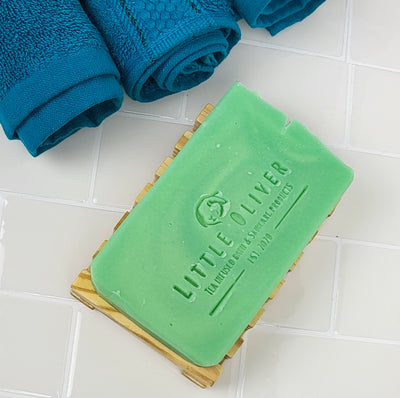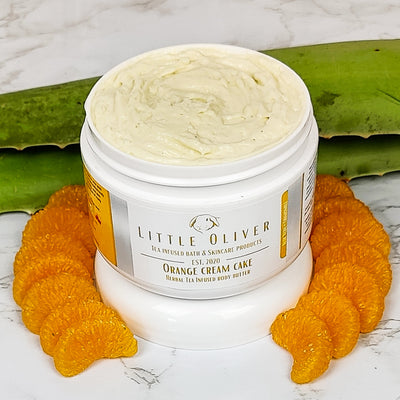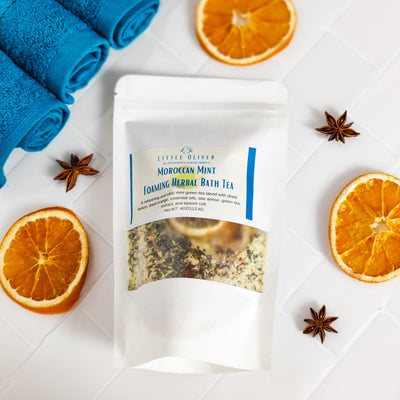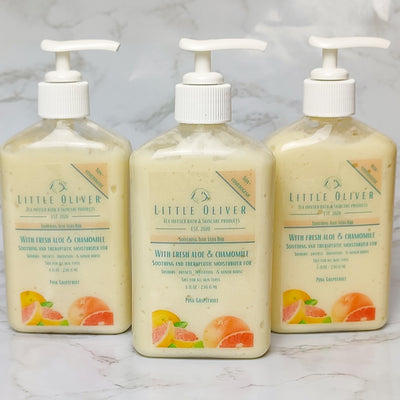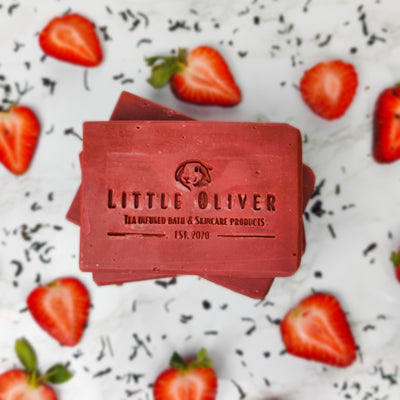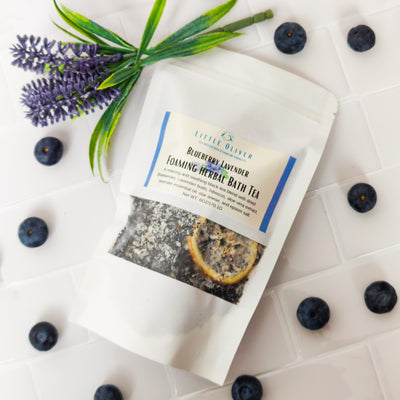Busted: 7 Common Skin Care Myths You Need To Stop Believing
Posted by Lance Hunter on
We live in a society where there is a constant flow of information at our fingertips and it gets harder and harder to know what is true and what is fake. Naturally, as content about skin care has spread throughout the internet and social media, certain skin care myths have developed that many people believe to be true. You may be surprised to find that some of the core things that you've come to believe about skin care may not be true at all, or may hold some truth, but not exactly in the way that you think. In this blog post, we will explore 7 myths about skin care that need to be debunked.
Myth: The lower the price, the worse the product.

Truth: The price of a product does not necessarily indicate its quality or effectiveness. Different companies can use vastly different pricing models and have vastly different packaging, labor, and overhead costs that factor in to the final retail cost of their products. Additionally, Some expensive products may have "filler" ingredients that are primarily there just to add perceived value and enhance the product story to make it more marketable. Many affordable skin care products contain the same active ingredients as their more expensive counterparts. To truly know which product is best for you, it is important to select products based on their ingredients and how they work for your skin type.
Myth: Anti-aging products can reverse wrinkles

Truth: The truth is, father time can't be defeated. Anti-aging products do not "cure" aging in the sense that they cause the reversal of aging skin or the removal of wrinkles all together, they do, however, contain ingredients such as retinoids, antioxidants, peptides, and hyaluronic acid that hytrate and increase collagen production in the skin to promote a fuller and more plump appearance, "appearance" being the key word. While fine lines and wrinkles can be made to appear less visible, your skin can't be physically restored to youth.
Myth: Pores can be opened and closed

Truth: it is a myth that pores on the skin can open and close as they don't have muscles to help them physically expand or retract. When we talk about "opening" and "closing" pores, we're actually referring to the dilation and contraction of blood vessels in the skin. When exposed to hot water or steam the blood vessels dilate making the pores appear larger, while cold water or cold atmosphere cause blood vessels to contract making pores appear smaller. In reality, there is no opening and closing of the pores themselves.
Myth: Natural ingredients are always better for your skin

Truth: Because of the rise in popularity of natural skin care in recent years, it's become a common misconception that natural ingredients are inherently better, safer, and more effective than synthetic or man made ingredients. This, however, is not automatically true in every case. Natural skin care ingredients can also come with their own set of challenges and limitations. Including variations in quality, availability, and potency between batches due to factors like weather, soil quality, and harvesting methods. Additionally, some natural ingredients can be irritating to people with certain skin allergies and sensitivities. This is not to say that man made and synthetic ingredients are the better option, but it hilights the importance of thorough research before choosing a skin care product. It would be wise to consult with a dermatologist to determine what products will work best for you and your specific skin concerns.
Myth: Getting a "base tan" can protect your skin from sunburn

Truth: Base tanning is a a term that people lightly use to refer to preemptively getting a slight to moderate tan in order to prime the skin for further extended sun exposure and avoid sunburn. Despite what you may have heard, base tanning before you head out on your beach vacation is virtually ineffective at protecting your skin from sunburn. Going out in the sun with a base tan is equivalent to wearing a sun screen with a sun protection factor (SPF) of about 3 to 4, which is not adequate to protect the skin from sunburn.
Myth: People with oily skin types need to moisturize less often

Truth: Even if you're prone to oily skin, you still need to use moisturizer on a daily basis to keep your skin hydrated and healthy. Skipping moisturizer can actually cause your skin to produce more oil to compensate for the dryness, leading to breakouts and other skin problems. Consider using a water based non-comedogenic moisturizer like the ones that we offer here.
Myth: You should avoid ingredients you can't pronounce

Truth: A common fear based marketing tactic in the "clean beauty" space is to convince the consumer that any product with a long clunky scientific name in its ingredient list is a huge red flag. The truth is, if you can't pronounce an ingredient, it doesn't necessarily mean that it is bad for you. Formulating professional quality skincare is a scientific process, and science has its own language. Many harmless ingredients have both common colloquial names and scientific names. For example, if you see ascorbyl palmitate or Tocopherol T-50 on an ingredient list you may not recognize those terms, but they are actually just forms of vitamin C and Vitamin E, both amazing and harmless ingredients in skin care products. Instead of avoiding these products all together, take the time to do a quick google search to determine whether or not an ingredient is right for you.
In conclusion, by understanding and debunking these skin care myths, you can make more informed and effective choices for your skin care routine. Never take the things that you hear and read at face value when it comes to skin care. It's always important to do your research and consult with a dermatologist if you have any concerns about your skin. Now that you know the truth about skin care, it's time to try out products that will truly benefit your skin. Check out our collection of herbal tea infused skin care products for a healthy solution that will leave your skin feeling soft, supple, and radiant. Browse our products here to learn more.


